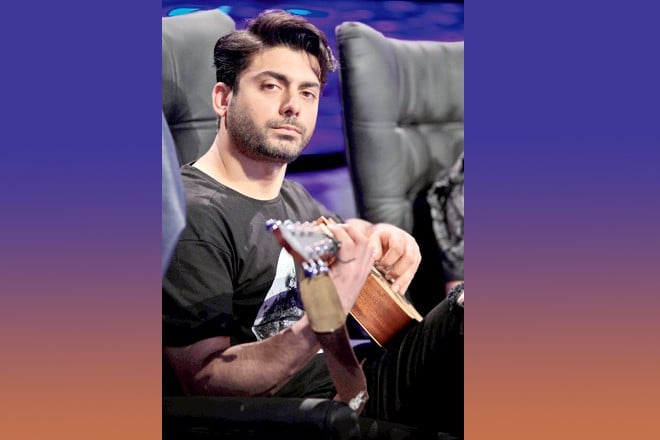

Instep overview
Fifteen years after its groundbreaking original season, Pepsi Battle of the Bands returned to Pakistani airwaves earlier this year for its second season. The intervening years had seen the rise and fall of an entire golden era of Pakistani music, and then another near-decade of stagnation. Moreover, those years had seen Pepsi lose out what had been its undisputed position as the brand associated most strongly with music. That position had been taken over by their fierce rivals, whose Coke Studio is marking its tenth anniversary this year as well. In other countries, such brand competition may not mean much to the public. But in Pakistan, where music as an industry is almost exclusively corporate driven, the return of Battle of the Bands represented a major moment for the industry as a whole.
The show did not get off to the best of starts. There were some inevitable issues with getting the sound right of the live performances, and the overall production during the initial auditions was a bit under par. The much bigger brouhaha though came after the judges’ decisions to choose the final eight bands. Their shortlist ended up excluding the two most experienced and already popular bands on the lineup – Sikandar Ka Mandar and ESharp.
Both bands had already released albums and generated a following while still being underground. From afar, the show felt like a natural platform for them. Later, sources in the show suggested that the two bands were already well-groomed and accomplished and the show wished to work with rawer talents. Regardless of the rationale, it was a decision which left many surprised.
However, after the first two rocky episodes the show seemed to find its bearings. At the heart of this improvement – which included much better production quality – was the steady evolution of the bands themselves. Kashmir, one of the two finalists, have taken the steadiest route to their own development. Each performance has represented many subtle changes to their own sound, allowing them to keep improving without sounding too different for the audiences to swallow. Their fellow finalists, Badnaam, haven’t managed to evolve their folk-rock fusion sound much, but have been fantastic with their choices of covers that have had an undeniably infectious quality to them.
The other two bands in the final four, Roots and Jasim Haider and The Pindi Boys, both had a strongly original and unique sound. The Pindi Boys did start to show their limitations near the end, but their witty, bluesy take was a lot of fun. Lastly, in eliminating Roots, the judges also showed off what their own vision was. Fawad Khan asked the band, which had established itself as the most virtuoso and musically experimental, to ‘dumb it down a bit.’
Yet in persisting with Roots over some of the earlier bands, the judges also prevented the show from becoming way too much like the one produced by the rival cola brand. The previous decade has seen the emergence of ‘fusion’ as the primary genre in Pakistan, and several bands brought that large-ensemble-with-fusion-approach to this show as well. In eliminating those bands, the judges kept the general sound of the show distinct.
Moreover, beyond the music the show was also always going to be judged as a TV product, and on that front it has done quite well. Rather than going down the ultimately disastrous route of Pakistan Idol, which sought to recreate the Simon Cowell style provocative judging approach, Battle of the Bands has avoided such theatrics. That has meant that it is far easier to digest for local audiences, and the jam-packed roster of stars has allowed them to retain their interests.
All this has meant that there is room for cautious optimism, (assuming that the show returns next year and not a decade-and-a-half later.) There is a good template to follow, and there has been a steady stream of investment by the audiences. While it is a bit early to say, it doesn’t feel like this season would have the success of its predecessor, which kickstarted an entire era. However, if these bands are supported, provided gigs and helped develop a following then the show could instigate a revolution in the local scene. It would encourage a lot more musicians to pursue their dreams, or to take their music up to the next level. The show’s biggest attraction right now is its access. Rather than being one of the biggest names in the country (or their relative) getting on this show requires a demo and not too much fame, which most local musicians can pull off.
All that remains to be seen now is how the next year is treated, and if the show returns. It feels like that failure to follow up would condemn this show to irrelevance. However, building upon this season could allow for Battle of the Bands to become something more significant, and lasting.
- Ahmer Naqvi is the COO of Patari